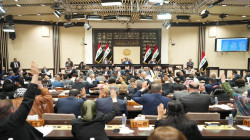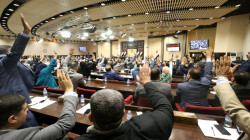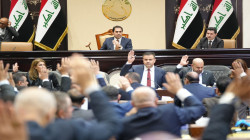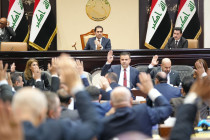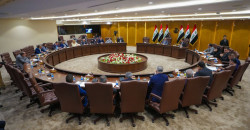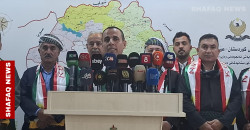Iraq’s Property Restitution Law sparks Sunni-Shia-Kurd disputes over Kirkuk and beyond

Shafaq News/ Political disputes have erupted in Iraq’s parliament over the proposed Property Restitution Law, aimed at returning confiscated properties to their original owners. The legislation has divided Sunni, Shia, and Kurdish representatives, with disagreements centering on the scope and regional applicability of the law.
Arif Al-Hamami, a member of the Parliamentary Legal Committee, told Shafaq News Agency on Saturday, “There is political discord over the law, particularly regarding properties in Kirkuk. Sunni blocs have refused to vote on it in Sunday’s session, while Shia forces argue that its provisions should extend to all Iraqi provinces, not just Kirkuk.”
Al-Hamami explained that during the previous regime, residential, commercial, and agricultural properties were confiscated and redistributed across the country, not limited to Kirkuk.
Kirkuk at the Center of Debate
The law has gained significant support from Kurdish lawmakers, who emphasize its importance in returning properties confiscated under the Revolutionary Command Council's decisions between 1975 and 1979. These decisions, they argue, were part of efforts to alter the demographic makeup of disputed areas, disproportionately affecting Kurdish and Turkmen communities.
In contrast, Sunni parliamentary blocs oppose the bill, claiming it disproportionately focuses on Kurdish interests in Kirkuk while neglecting other regions affected by property confiscations.
Legislative Logjam
The Property Restitution Law is not the only contentious issue on the parliamentary agenda. The Council of Representatives is set to vote on multiple bills, including amendments to the Personal Status Law and the General Amnesty Law.
The Personal Status Law has sparked heated debates over issues such as marriage, divorce, inheritance, and child custody, drawing mixed reactions from parliamentarians and civil society organizations. Critics warn that the proposed amendments could undermine protections for women and children.
Meanwhile, Sunni forces continue to push for the General Amnesty Law, which would enable the release of detainees accused of terrorism. Shia blocs have voiced strong opposition, citing concerns that it could lead to the release of individuals involved in violent activities.
